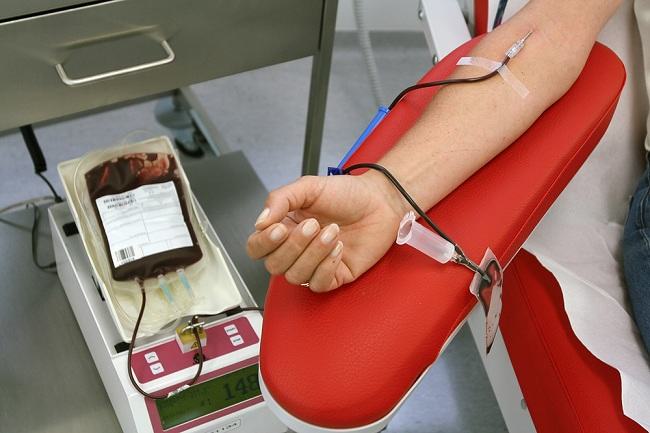Inbreeding is a taboo for most people. Normically, this action is considered unjustified, especially if it is carried out under coercion. In some countries, incest is even punishable. Even medically, blood relations can invite risks.
Incest is a sexual act committed by two individuals who have family ties. Apart from being not justified by morals and social norms, this action also has a bad impact on health, especially for biological offspring.

This can happen because partners who still have blood ties can carry rare genetic factors. When the two meet, it can cause congenital diseases or genetic defects in the fetus they contain.
Therefore, attraction cannot be used as an excuse for two people who have family ties to have blood relations, especially if the relationship is carried out on the basis of coercion.
Risks Due to Inbreeding
There are some of the worst things that can happen to offspring from blood relations, namely:
- Children at high risk of being born with genetic disorders
- Mental disorders and intellectual disabilities
- Congenital physical defects
- Death
If the incest that occurs is a sexual harassment, the negative impact will not only lurk on the offspring, but also on the victims, most of whom are women.
The following are the adverse effects that can occur on women who are victims of incest sexual harassment:
- Pain in the vagina and anus
- Bleeding
- Infection of the genitals with symptoms such as vaginal discharge or pain when urinating
- Sexually transmitted disease
- Constipation
- Unwanted pregnancy
Not only that, incest sexual harassment can also have an impact on the psychological side. The following are some of the things that can be experienced by victims:
- Depression
- Sleep disturbance
- Post-traumatic stress disorder or PTSD
- Eating disorders
- Drug abuse
- Suicide attempt
Some cases of incest which constitute sexual harassment often occur by parents and their biological children, siblings, or other family members.
This relationship can occur repeatedly and without being noticed by other family members. Many victims choose to remain silent and are willing to be harassed because they don't want to see their families break up.
Parents who have incestuous sex with their own children are usually influenced by alcohol or drug use. Blood relations in the family are also more risky for parents who often fight, both physically and verbally.
Detecting and Avoiding Incest
Love between families is a sign of closeness and a natural form of relationship. However, if these feelings continue until there is incest, this is no longer normal.
In Indonesia, blood relations are relationships that are not recognized in the eyes of the law. In fact, sexual acts against children under the age of 18 committed by family members themselves constitute a violation of the law regulated by Law no. 35 of 2014 concerning Child Protection.
If you suspect an unusual behavior running in the family, you can suspect this condition. Try to approach your child and ask nicely about what he is going through.
If he seems depressed and doesn't want to talk at the time, don't force him. You can ask again at a later time when the emotional state is stable and possible.
If necessary, you can bring a relative or child who is suspected of having a blood relationship to the doctor for further examination. If there are strong indications of blood relations related to sexual harassment, this needs to be followed up by the authorities.









